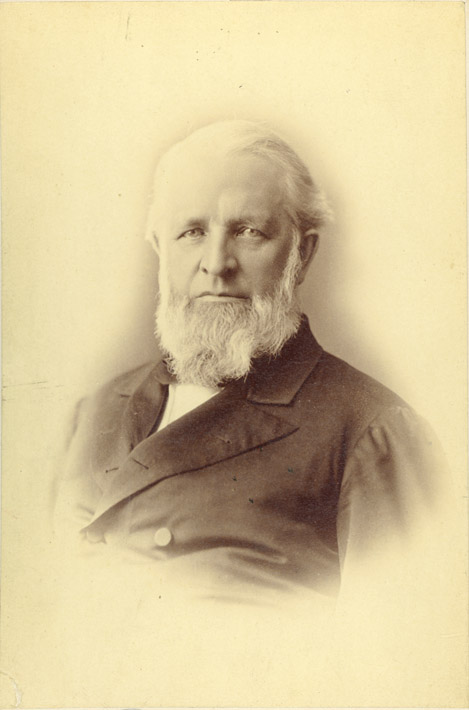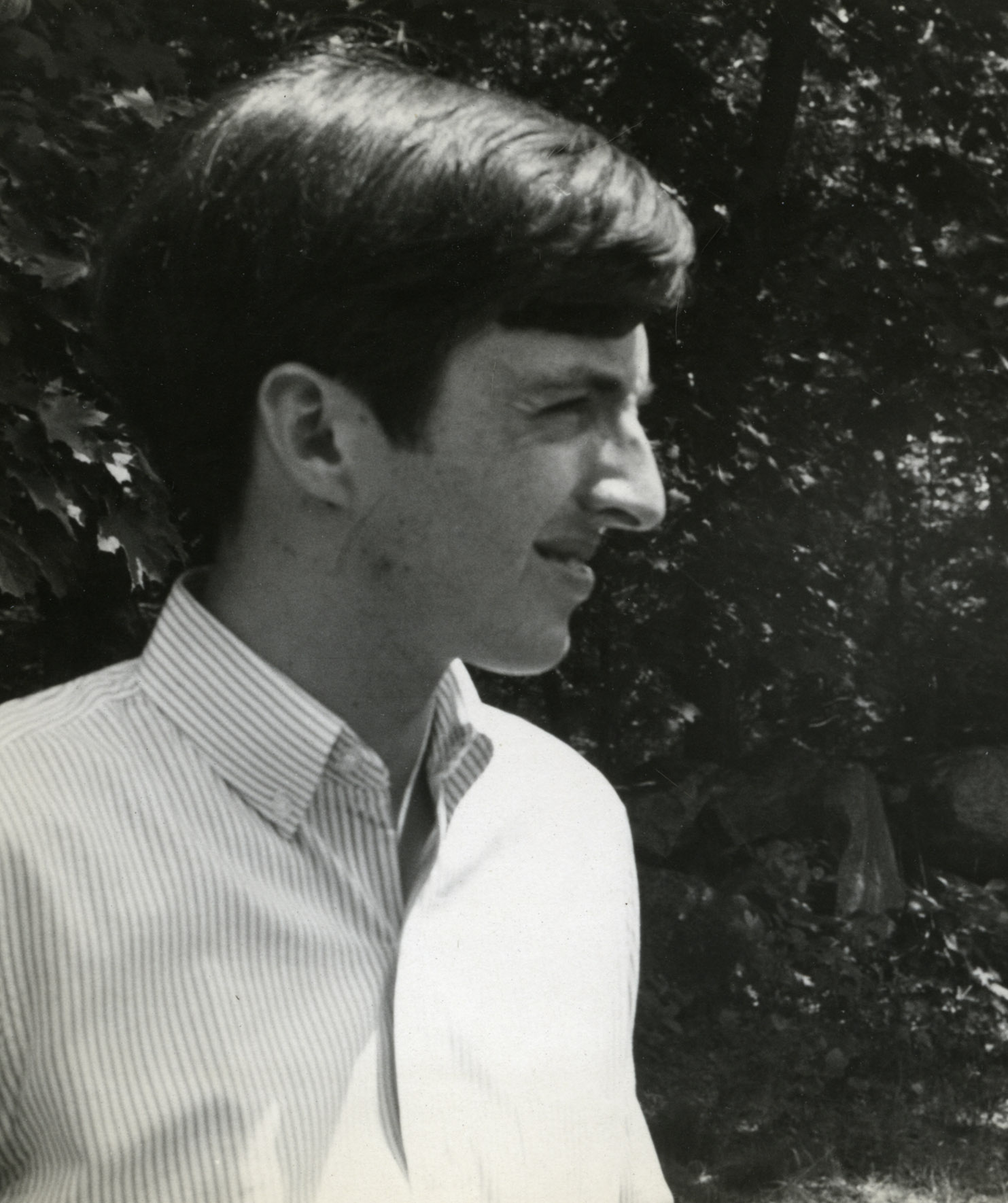Arnold Friedmann Papers
ca.1890-2007
1 box 1.5 linear feet
Call no.: FS 130
A professor of design in the Department of Art, Architecture, and Art History, Arnold Friedmann worked throughout his career to professionalize interior design and enhance the quality of daily life through good design. Born into a “gut Buergerlich” Jewish family in Nuremberg, Germany, in 1925, and raised in comfortable circumstances, Friedmann’s life was deflected by the political turmoil of the twentieth century. After Kristallnacht drove home the political realities of the Nazi era, Friedmann’s father used connections to secure permission for the family to emigrate to Palestine, where, impoverished and with his education disrupted, Arnold apprenticed to a cabinetmaker. Following service in the British army and later the Israeli army, Friedmann resumed his education, entering the Pratt Institute to study interior design. Earning both his bachelors and masters degrees (his doctorate from the Union Institute followed in 1976), Friedmann freelanced in interior design and furniture design while teaching at Pratt, eventually becoming chair of his Department. From 1972 until his retirement in 1990, Friedmann served as Professor of Design at UMass Amherst. A founding member of the Interior Design Educators Council, Friedmann was recognized within the profession as an honorary fellow of the Design Institute of Australia (1985) and as a recipient of the IKEA Award (1989).
The Friedmann Papers contain a wealth of unpublished and published writings by Friedmann on design, stemming primarily from his years at UMass Amherst. A small sheaf of photographs depicting his design work, and a series of Department of Interior Design newsletters from Pratt, 1963-1967.
Subjects
Furniture designersInterior designersUniversity of Massachusetts Amherst--FacultyUniversity of Massachusetts Amherst. Department of Art, Architecture, and Art HistoryContributors
Friedmann, Arnold



